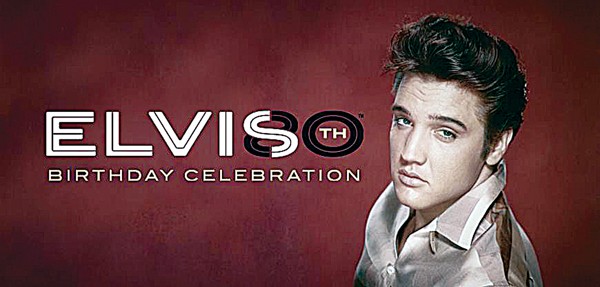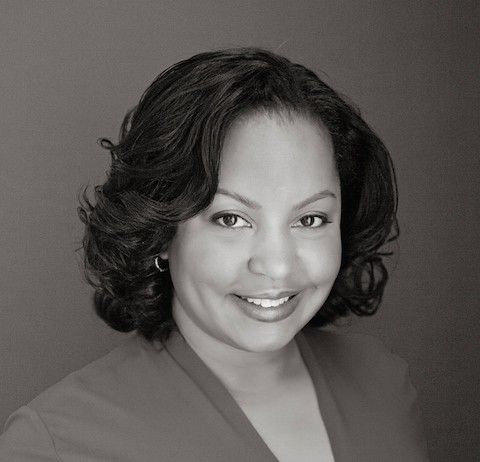There’s no doubt about it. The Shelby County Commission, in a current configuration that is about to expire because of the forthcoming August election, has taken bold steps to confront the established order of things.
As of August, when a minimum of eight members of the 13-member body are due to be replaced because of the county charter’s term-limits provision, the newly elected county legislature may not be so forward about things. But let’s enjoy this rebellion while it lasts and hope that the precedents it sets will inspire the newcomers of the next four-year term to similar innovation.
This commission has achieved results in numerous spheres by challenging custom and by pioneering in new directions. It has established task forces on such problems as the under-representation of women and ethnic minorities in county contracting, and those ad hoc bodies, fueled by the commission’s own disparity report, have made enormous progress in rectifying inequalities that had been taken for granted for decades.
The body elected four years ago, in 2014, has also managed to aggressively re-order its relationship with the county administration, challenging it on matters of financial oversight, among others, and, while neither branch of county government is always right and always deserving of having its opinion honored in the conduct of county business, the commission’s self-assertiveness has forced a more or less continuing dialogue on key matters. The recent establishment of a trans-governmental initiative to combat the plague of opioid addiction had its origins in actions taken by the commission, later court-approved, that forced the hand of the county administration and enticed city government and law enforcement agencies at large to come aboard.
And such re-ordering of priorities that has taken place has left undisturbed the ongoing focus on reducing county debt that Mayor Mark Luttrell has made an overriding administration goal.
This past week has seen yet another bold step by the commission. Confronted by the wish of Elvis Presley Enterprises to expand its campus to include a new, modestly sized arena so as to attract musical acts and other entertainments that would otherwise go south across the Mississippi state line or to Little Rock or Nashville, the commission was faced by the stated reluctance of the Grizzlies, backed by the city of Memphis, to give an inch on the terms of a strictly binding operating agreement that currently would prohibit the construction of an arena, containing more than 5,000 seats, that might be construed as competing with FedExForum, where the Grizzlies have proprietary status.

Heidi Shafer
Instead of knuckling under on the matter, the commission voted on Monday to upgrade EPE’s share of revenues from an ongoing TIF, thereby allowing the arena construction, contingent (and that’s the operative term) on the courts recognizing the expansion as consistent with the terms of the aforesaid operating agreement with the Grizzlies. That seems both a progressive and a cautious way of probing for a solution that solves the Solomonic problem of having to satisfy what commission Chair Heidi Shafer referred to on Monday as “two favorite children.”
This strategy may work and it may not, but it was worth the effort to give it a try.
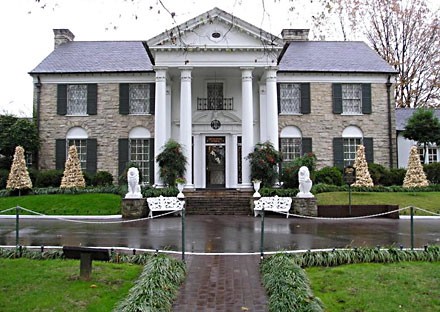
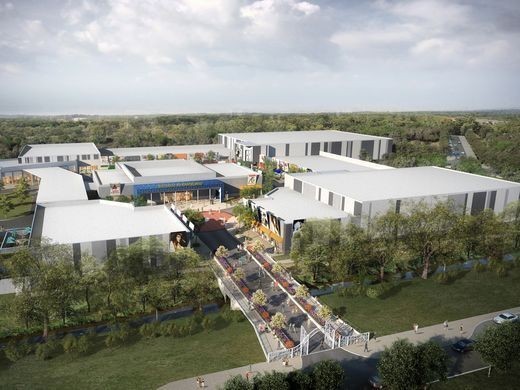 Elvis Presley Enterprises
Elvis Presley Enterprises 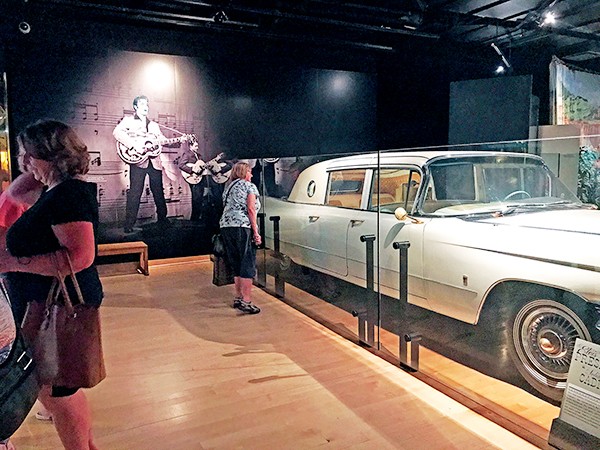 Jackson Baker
Jackson Baker 
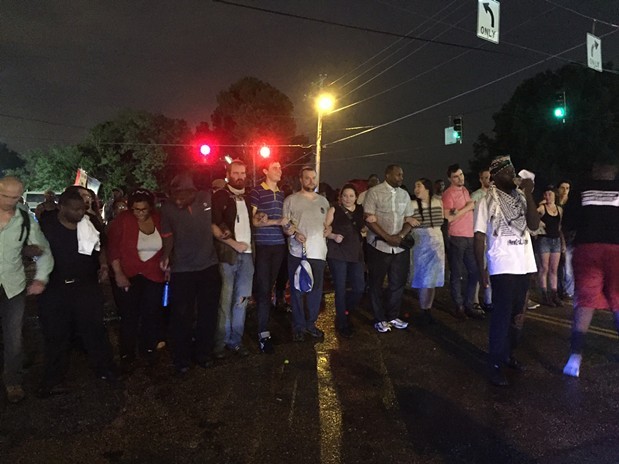 Bianca Phillips
Bianca Phillips 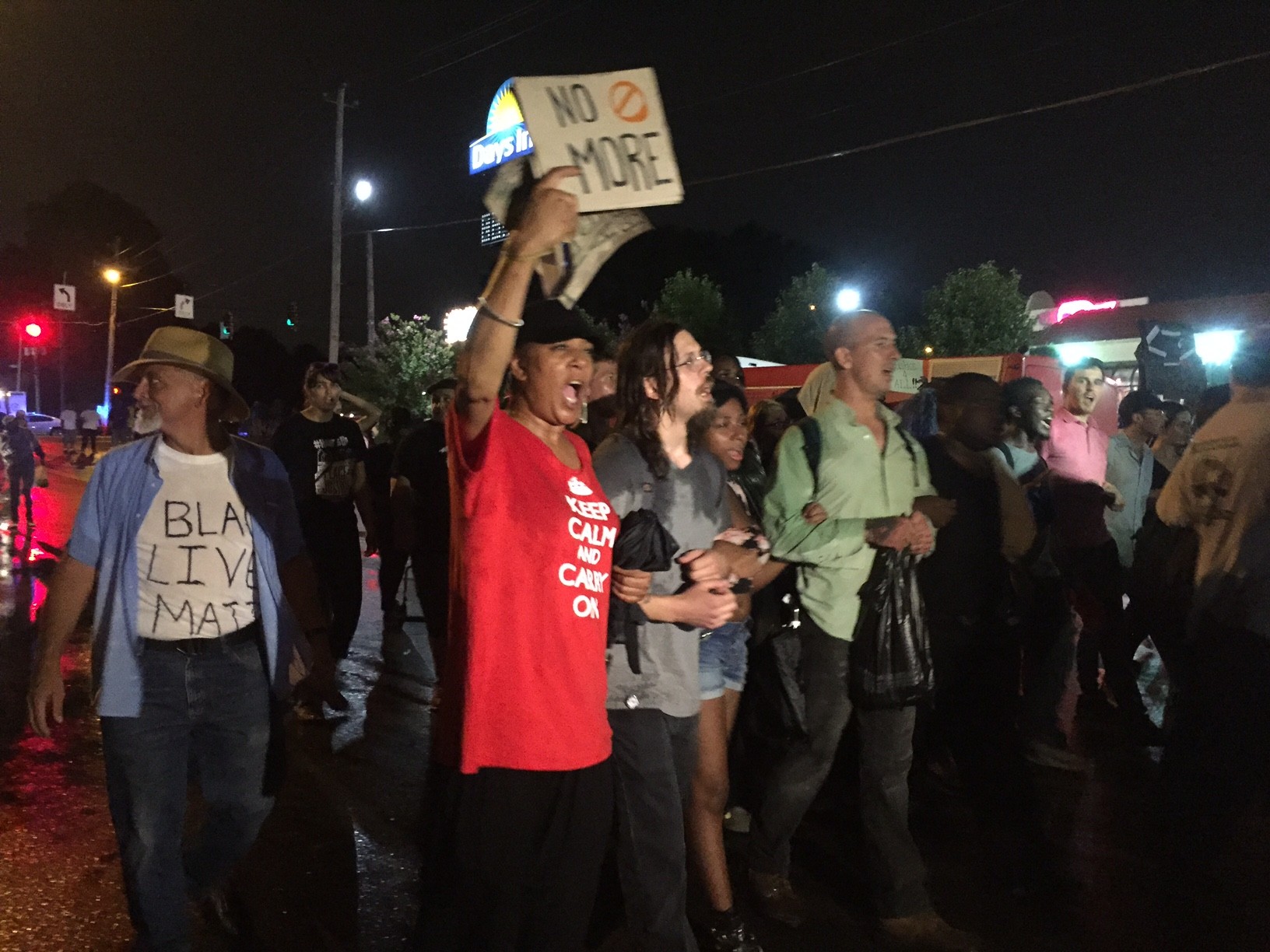
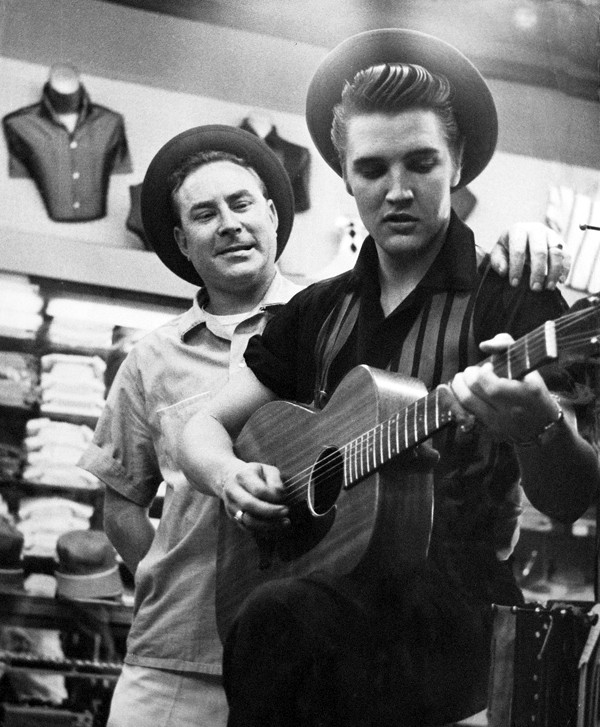 COURTESY OF LANSKY’S ARCHIVES
COURTESY OF LANSKY’S ARCHIVES 